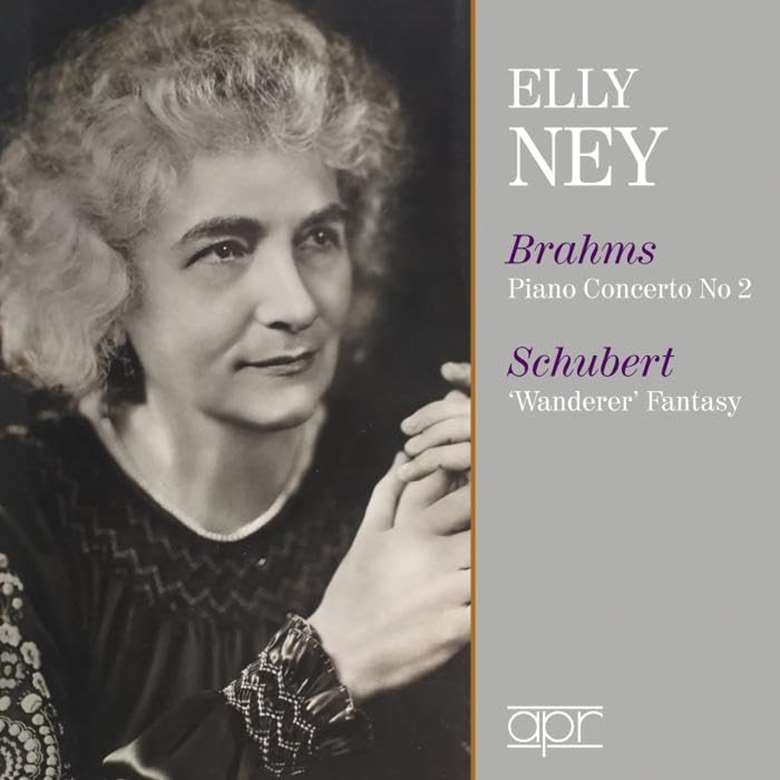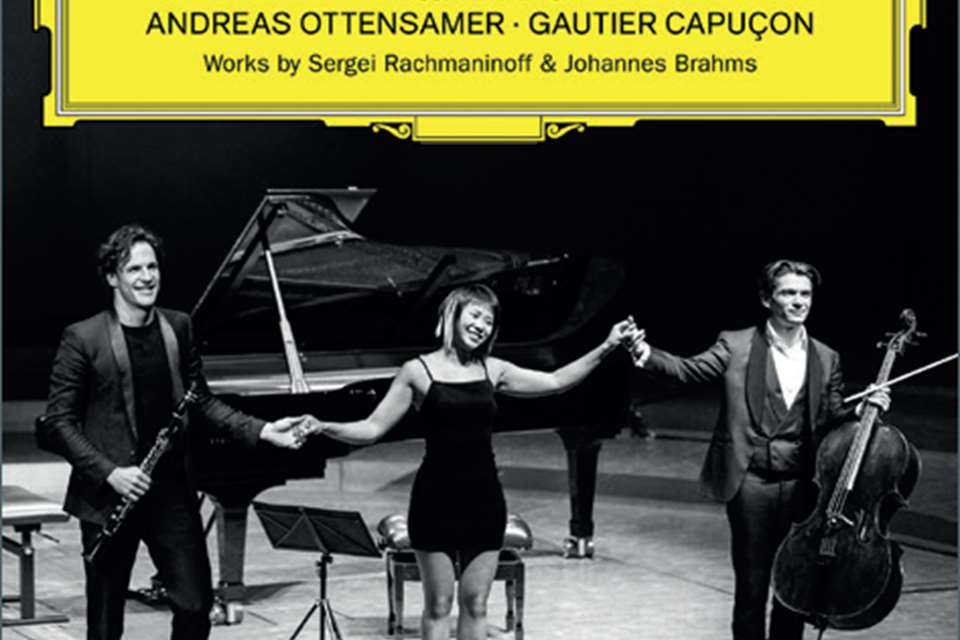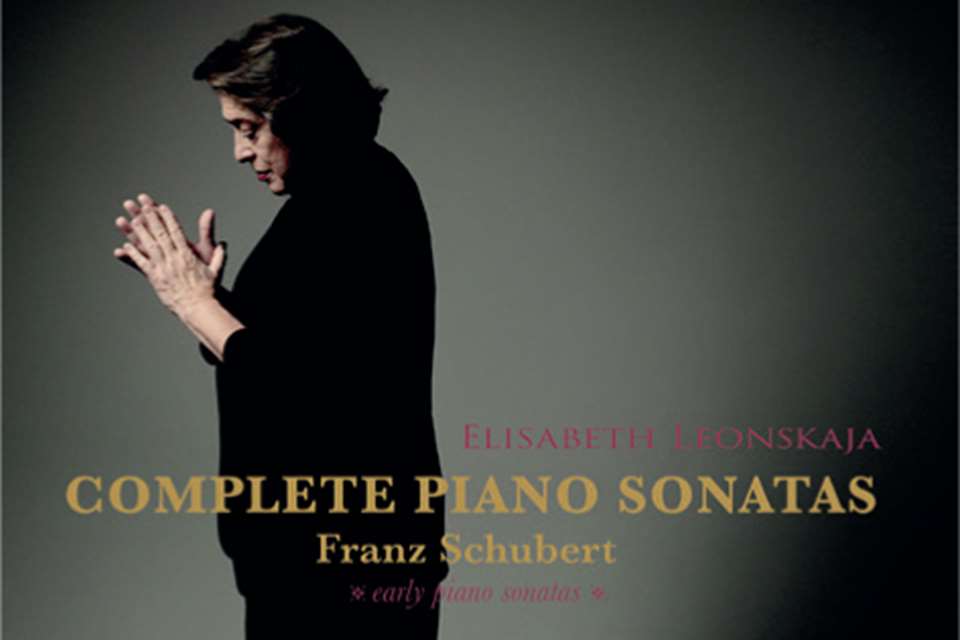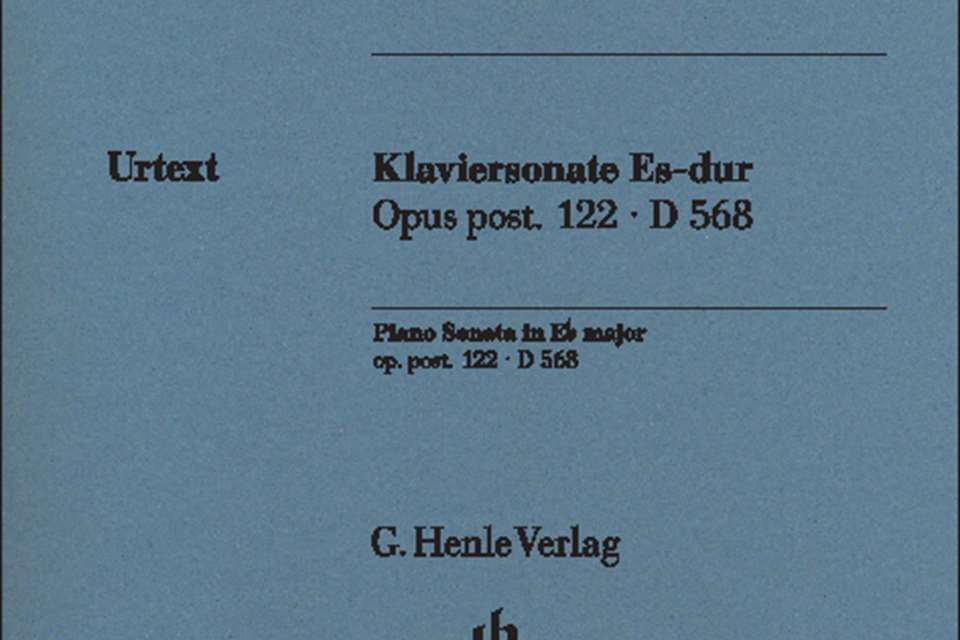Brahms: Piano Concerto No 2, Op 83. Schubert: Wanderer Fantasy, D760 (Elly Ney)
Bryce Morrison
Friday, March 8, 2024
Ney is a classic case of the divided self, the frequent division of an artist’s outer and inner nature

Mention Elly Ney (and her name is more readily mentioned in books such as Michael Kater’s The Twisted Muse than in broader musical dictionaries) and it produces a knee-jerk reaction. But if extensive documentation exists concerning ‘The Führer’s Pianist’ and Ney’s early and continuous support of the Third Reich, there is little discussion of her actual playing, of her international stature before it was clouded by her political sympathies. Ney is a classic case of the divided self, the frequent division of an artist’s outer and inner nature. But if the disturbing discrepancy remains, so does the playing, the prime concern of this review.
So, turning to APR’s new release of outsize masterpieces by Brahms and Schubert, it is enthralling to reaffirm the stature celebrated in the same label’s earlier three-disc set ‘The Complete Brunswick & Electrola Solo 78rpm Recordings’ (APR7311). We should remember that Ney’s greatest triumphs were in Beethoven, the composer at the heart of a repertoire that also embraced Chopin and Liszt but ultimately focused on the great Viennese masters. The recorded sound of the Brahms concerto, dating from 1949, is inevitably restricted when compared to gleaming modern productions but it does little to dim the impact of performances that can storm and reflect in equal measure. Occasional inaccuracies or mishaps (including a hesitant launch to the Allegro appassionato second movement) are a reminder that this was recorded before editing made corrections straightforward. Highlights (and there are many) include a brooding and interior response to the Andante (Ney’s entry introduced by Tibor de Machula’s eloquent cello solo) and an almost skittish opening to the finale that comes with an instinctive sense of the massive strength behind the music’s benign surface.
In Schubert’s Wanderer Fantasy you note a characteristic way of easing the tempo whenever the music moves into calm waters. Even if this is done for expressive reasons, it causes a lack of impetus and momentum. Yet the decorative and intricate variations in the Adagio are spun off with enviable agility and the power and drive of the Presto are confirmed in a fearless confrontation of the final fugue’s heavy demands.
Comparison with modern versions is, in a sense, irrelevant, though it is difficult to see Elly Ney, for all her quality, as of the same stature as, say, Gilels in the Brahms (his early RCA recording with Fritz Reiner) or Pollini, with his patrician sheen in both the Brahms and Schubert. Yet if, as Piotr Anderszewski has it, facility is the greatest of all dangers for a musician, you could hardly accuse Ney of superficiality. An invaluable issue.
This article originally appeared in the Spring 2024 issue of International Piano. Never miss an issue – subscribe today









